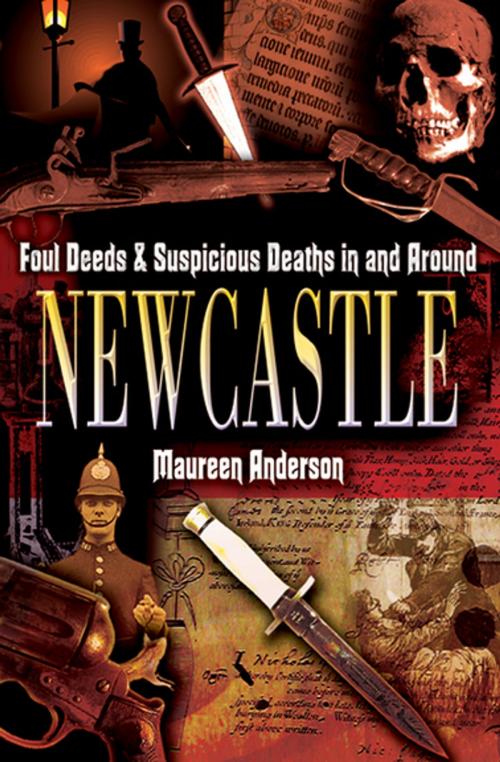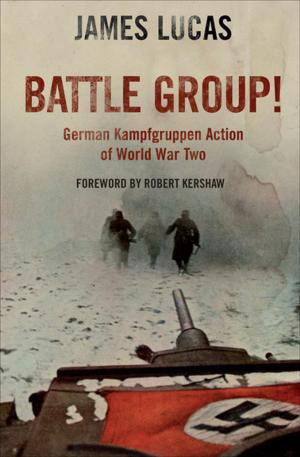Foul Deeds & Suspicious Deaths in and Around Newcastle
Nonfiction, Social & Cultural Studies, True Crime| Author: | Maureen Anderson | ISBN: | 9781783037957 |
| Publisher: | Pen & Sword Books | Publication: | May 31, 2004 |
| Imprint: | Pen & Sword True Crime | Language: | English |
| Author: | Maureen Anderson |
| ISBN: | 9781783037957 |
| Publisher: | Pen & Sword Books |
| Publication: | May 31, 2004 |
| Imprint: | Pen & Sword True Crime |
| Language: | English |
A true-crime tour of this historical British coal town, with photos and illustrations.
Historically, Newcastle was a town of great wealth because of the abundance of natural resources. Certainly by the eighteenth century, Newcastle and its surrounding towns made up the most important commercial center in the north of England. But alongside the wealth of the merchants and the factory owners, there was the dire poverty of the working class—and plenty of crime.
A pall of dark fog would linger over the buildings, caused by the pollution spouting out from the chimneys of the ironworks and other industries. Bad housing, sanitation, overcrowding, and low wages bred superstition, ignorance, and illiteracy. Alcohol was often the only release the poorer classes had from their otherwise humdrum daily drudgery. It was not only the men who would spend all their money in the many beer houses—women also would drink themselves into oblivion, even if it meant their children went hungry.
This book spans three hundred years of grisly events, beginning with the execution of so-called witches—stories that show the depraved side of humanity, and provide insight into the darker history of the area.
A true-crime tour of this historical British coal town, with photos and illustrations.
Historically, Newcastle was a town of great wealth because of the abundance of natural resources. Certainly by the eighteenth century, Newcastle and its surrounding towns made up the most important commercial center in the north of England. But alongside the wealth of the merchants and the factory owners, there was the dire poverty of the working class—and plenty of crime.
A pall of dark fog would linger over the buildings, caused by the pollution spouting out from the chimneys of the ironworks and other industries. Bad housing, sanitation, overcrowding, and low wages bred superstition, ignorance, and illiteracy. Alcohol was often the only release the poorer classes had from their otherwise humdrum daily drudgery. It was not only the men who would spend all their money in the many beer houses—women also would drink themselves into oblivion, even if it meant their children went hungry.
This book spans three hundred years of grisly events, beginning with the execution of so-called witches—stories that show the depraved side of humanity, and provide insight into the darker history of the area.















